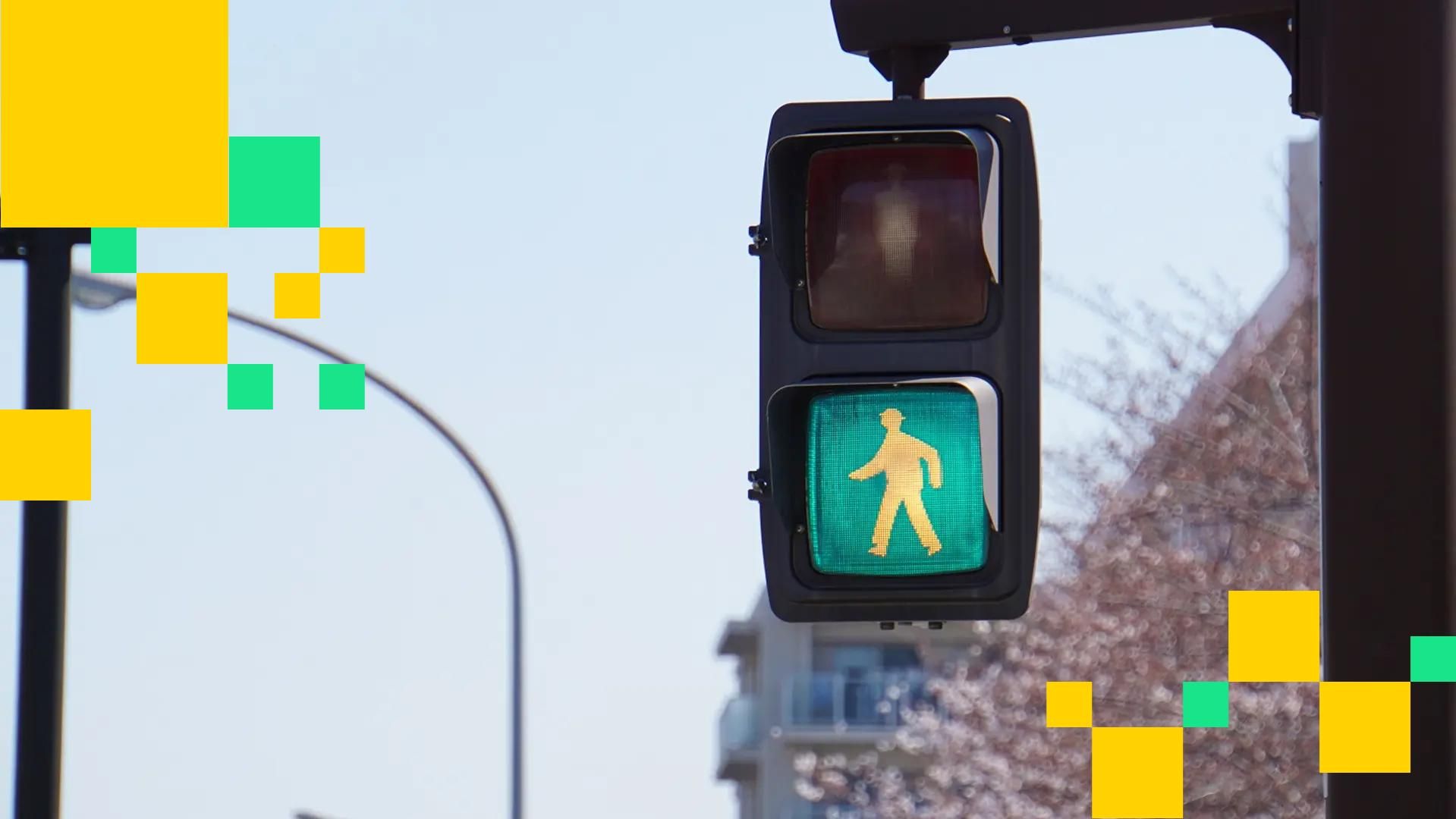Ransomware: from REvil to Black Basta, what do we know about Tramp?

The U.S. Justice System Targets a Key Black Basta Ransomware Member Amid Rising Cyber Threats
Introduction
In a landmark move against global cybercrime, the United States justice system has intensified efforts to apprehend Oleg Nefedov, a prominent figure linked to the Black Basta ransomware group. This development follows his dramatic escape from extradition in June 2024, allegedly facilitated by Moscow’s backing. Despite this setback, recent leaks and intelligence gathering have put renewed pressure on Nefedov and his criminal network, bringing to light the inner workings of one of the most sophisticated ransomware groups operating today.
The Rise of Black Basta
Black Basta emerged in early 2022 as a formidable ransomware-as-a-service (RaaS) operation, swiftly gaining notoriety for its sophisticated attack methods and high-profile victims. The group is known for using double extortion tactics, where they not only encrypt victims’ data but also threaten to publish sensitive information unless a ransom is paid. With a primary focus on critical infrastructure, healthcare, financial institutions, and manufacturing sectors, Black Basta has inflicted significant financial and operational damage worldwide.
Who is Oleg Nefedov?
Oleg Nefedov, a 35-year-old Russian national from Yoshkar-Ola, has been identified as a key orchestrator within Black Basta’s leadership. Operating under aliases such as "gg" and "Tramp," Nefedov is alleged to have played a crucial role in coordinating ransomware attacks, managing financial transactions, and liaising with other cybercriminal groups. His ability to evade authorities, coupled with his deep connections within the Russian cybercriminal underworld, has made him a high-priority target for international law enforcement agencies.
The Failed Extradition and Moscow’s Alleged Involvement
In June 2024, authorities successfully arrested Nefedov in a joint operation between European and U.S. law enforcement agencies. However, during legal proceedings, he managed to evade extradition, reportedly with assistance from high-level contacts in Moscow. According to sources, he was granted temporary release during a legal hearing, during which he mysteriously disappeared. Surveillance footage later revealed that he entered a vehicle outside the courthouse, despite the presence of both police and court officials.
This escape not only highlighted the challenges of international cybercrime enforcement but also pointed to potential state-backed protection for ransomware groups operating within Russia. The U.S. Department of Justice (DOJ) and cybersecurity agencies have since ramped up their efforts to bring Nefedov to justice.
The Black Basta Chat Leaks: A Game-Changer
On February 11, 2025, a massive leak of internal Black Basta chat logs exposed crucial details about the group's operations. Approximately 200,000 chat messages, covering the period between September 2023 and September 2024, were anonymously published by a user known as "ExploitWhispers."
These messages revealed:
- Operational Strategies: Discussions on targeted industries, preferred ransomware deployment techniques, and negotiations with victims.
- Financial Transactions: Insights into how ransom payments were processed, including cryptocurrency laundering techniques.
- Internal Disputes: Conflicts between group members regarding ransom pricing, leadership disputes, and even accusations of embezzlement.
- Connections to Other Cybercriminal Networks: Evidence suggesting collaborations with other ransomware groups, such as LockBit and Conti remnants.
The leak provided law enforcement agencies with a wealth of intelligence, allowing them to map out the group's hierarchy and identify potential vulnerabilities.
Legal and Diplomatic Efforts to Prosecute Nefedov
Following the leak, U.S. officials renewed calls for Nefedov’s extradition and increased diplomatic pressure on Russia. However, given the geopolitical tensions between the U.S. and Russia, cooperation remains unlikely. Instead, the DOJ has pursued alternative measures, including:
- Sanctions and Asset Seizures: Freezing Nefedov’s known financial assets and disrupting his ability to conduct transactions.
- Bounty Programs: Offering rewards for information leading to his capture.
- Cyber Countermeasures: Collaborating with cybersecurity firms to dismantle Black Basta’s infrastructure and disrupt its operations.
The Global Response to Black Basta’s Activities
Black Basta’s aggressive ransomware campaigns have drawn condemnation from international cybersecurity organizations. In response, governments and private sector entities have implemented various strategies to combat ransomware threats:
- Strengthened Cybersecurity Frameworks: Enhanced security protocols in critical sectors to mitigate vulnerabilities.
- Joint Task Forces: Formation of multinational cyber task forces, including the U.S., U.K., and EU member states.
- Public Awareness Campaigns: Educating businesses and individuals on best practices to prevent ransomware attacks.
What’s Next for Nefedov and Black Basta?
Despite the recent setbacks, Nefedov and his network remain a significant threat. However, the combination of legal actions, financial disruptions, and intelligence leaks has significantly weakened Black Basta’s operational capacity. Analysts predict that while remnants of the group may attempt to rebrand or merge with other cybercriminal entities, their ability to execute large-scale attacks has been compromised.
For Nefedov, the pressure continues to mount. His options for safe havens are diminishing as global law enforcement agencies tighten their grip. While extradition remains a challenge, persistent international cooperation and cyber defense measures may eventually lead to his capture or neutralization.
Conclusion
The case of Oleg Nefedov and Black Basta underscores the evolving nature of cybercrime and the increasing difficulty of prosecuting high-profile cybercriminals shielded by geopolitical conflicts. The U.S. justice system's relentless pursuit of Nefedov signals a strong stance against ransomware groups and highlights the importance of global collaboration in combating cyber threats. As investigations continue and more intelligence surfaces, the eventual dismantling of Black Basta may serve as a pivotal moment in the fight against cyber extortion.
What's Your Reaction?
 Like
0
Like
0
 Dislike
0
Dislike
0
 Love
0
Love
0
 Funny
0
Funny
0
 Angry
0
Angry
0
 Sad
0
Sad
0
 Wow
0
Wow
0





























